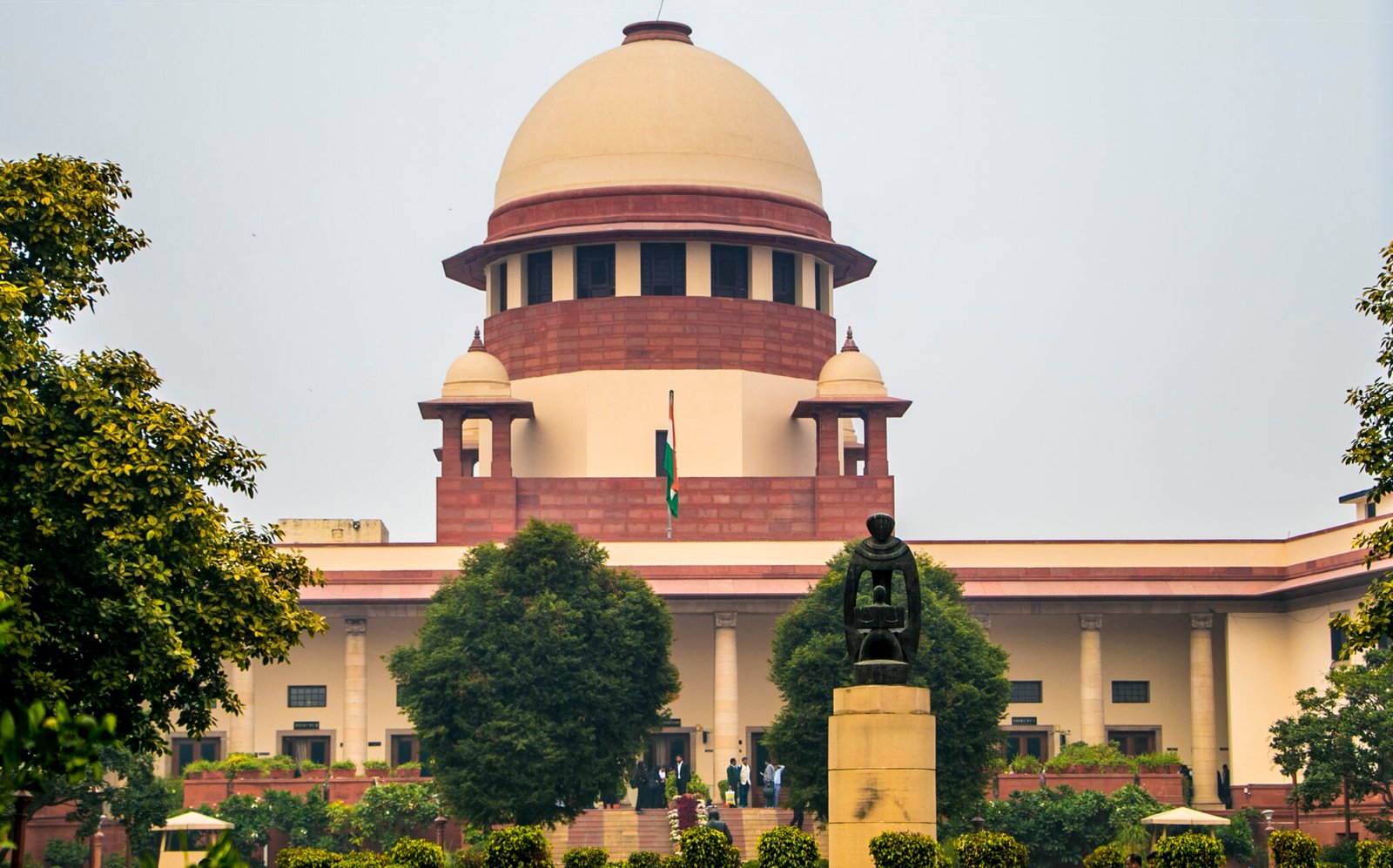The Supreme Court has raised serious concerns over the Enforcement Directorate’s failure to present solid evidence against Arvind Singh, accused in the Chhattisgarh liquor scam case. With ₹2,161 crore in estimated losses and ₹40 crore allegedly linked to Singh, the court questioned the foundation of ED’s case and the broader impact of the agency’s actions on democratic processes.
ED Under Scrutiny: Supreme Court Questions Investigative Rigor
On May 5, 2025, the Supreme Court held a hearing on the bail plea of Arvind Singh, a key accused in the Chhattisgarh liquor scam case. During proceedings, Justice Abhay S. Oka raised pointed questions about the Enforcement Directorate’s (ED) probe and its lack of substantive evidence. The apex court noted that despite repeated summons and high-profile raids, the ED had not shown any convincing material linking the accused to the financial irregularities.
Specifically, the court highlighted that while the ED claimed Singh earned ₹40 crore through illicit means, it failed to establish any concrete link between Singh and the companies allegedly involved in the scam. Justice Oka observed that ED’s actions were becoming “a pattern” where accusations were being made without credible proof.
₹2,161 Crore Scam: A Financial and Political Quagmire
The liquor scam reportedly occurred between 2019 and 2022 and involved alleged financial misappropriation, excise tax evasion, and illicit liquor trade, leading to an estimated loss of ₹2,161 crore to the state government. The ED has accused multiple individuals and entities of benefitting from the illegal liquor syndicate, including contractors, bureaucrats, and political operatives.

However, the Supreme Court’s latest observations put a spotlight on the fragile foundation of some of these allegations. The absence of company records, financial trails, or verified testimonies tying Singh to the proceeds of crime was deemed “troubling” by the bench. The court has asked the ED to submit justifiable reasons and admissible evidence if it wishes to continue with coercive actions.
Wider Implications: ED’s Tactics and Political Overtones Questioned
In a significant remark, the court pointed out that continuous targeting of individuals without due process and sufficient material evidence threatens to undermine the democratic framework and judicial procedures. It expressed concern that the ED, in its aggressive pursuit of corruption cases, could influence public opinion and politicize legal proceedings.
This is not merely a legal battle anymore. The court hinted that the ED’s manner of functioning in this and similar cases could affect not only individual rights but also the larger administrative and political ecosystem of Chhattisgarh.
The matter has been adjourned, with the next hearing date yet to be announced. The ED has been directed to justify its charges with documentary proof, failing which the bail plea may see favorable consideration.


